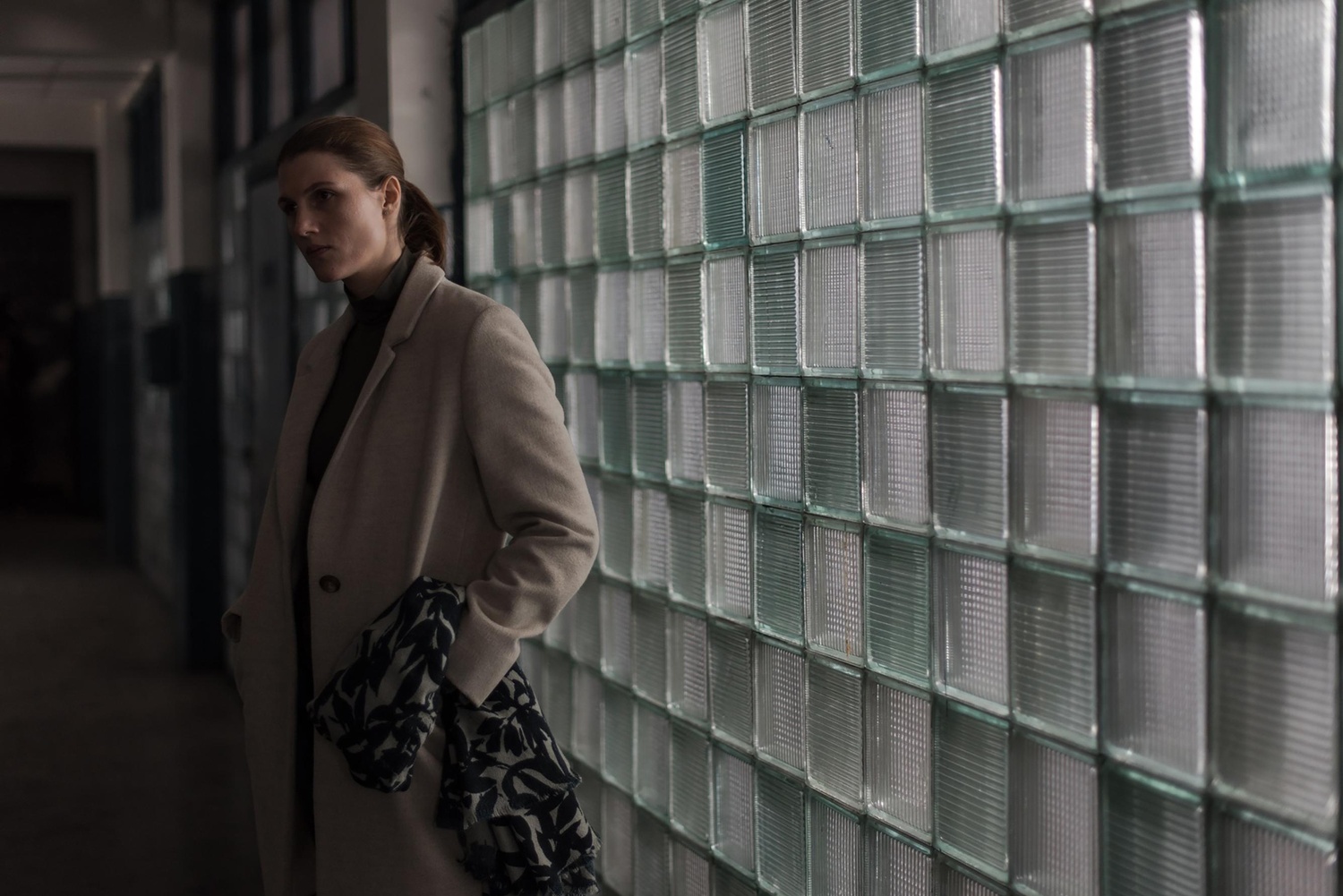
News
Pro-Palestine Encampment Represents First Major Test for Harvard President Alan Garber

News
Israeli PM Benjamin Netanyahu Condemns Antisemitism at U.S. Colleges Amid Encampment at Harvard

News
‘A Joke’: Nikole Hannah-Jones Says Harvard Should Spend More on Legacy of Slavery Initiative

News
Massachusetts ACLU Demands Harvard Reinstate PSC in Letter

News
LIVE UPDATES: Pro-Palestine Protesters Begin Encampment in Harvard Yard
‘Loveless’ a Scattered yet Powerful Shot at Human Institutions
dir. Andrey Zvyagintsev — 4.5 Stars
“Loveless,” Andrey Zvyagintsev’s Cannes submission, is only on its surface about searching. The film follows the aftermath of a boy named Alyosha (Matvey Novikov) running away from home. His parents, Zhenya (Maryana Spivak) and Boris (Alexei Rozin), undertake an agonizing search while trying to build new lives for themselves after a bitter divorce. In the end, whether or not they find Alyosha matters very little—Zvyagintsev makes clear that both are deeply broken, and none of their searching will fix that.
Through long tracking shots, the film follows the couple working with a crew of volunteers as they comb through woods and concrete blocks of apartments, looking for their son. So much effort and screentime is devoted to the search, one is soon forced to ask the question, “Why bother?" Neither of Alyosha’s parents loves him—he ran away because they were going to give him up for adoption. To them, he is nothing but an unfortunate reminder of their shared past, a part of their history they’d like to forget.
Zyagintsev’s and Olga Negin’s skillful dialogue set the pair up as people trapped in situations beyond their control. Much like Zvyagintsev’s last effort, “Leviathan,” the government is no recourse here—the police are useless in finding the boy, and radio and television reports are chock full of corruption scandals and propaganda. Based on this evidence, putting Alyosha up for adoption seems even crueller. It is clear, however, that Boris and Zhenya cannot remain together—their marriage, and their home, was completely loveless.
The only hopeful moments of the film are early on, when Boris and Zhenya are with their new lovers. Zhenya finally seem to have found in Anton (Andris Keishs) a man who loves her for who she is, rather than the fact that she is pregnant with his child. Boris, for his part, has found a sweet and loving woman who longs to start a family with him. In these scenes, the viewer almost wants Alyosha to disappear forever and leave them to their new lives.
Of course, Zvyagintsev cannot let this hope last—the couple cannot be allowed to escape so easily. Instead, the final scenes of the film show that their new relationships are falling apart: Boris is still a bad father, and Zhenya is still unsatisfied, constantly texting someone besides her new husband. In the end, Alyosha almost seems the lucky one—his escape to nature must have been the only free moment of his life.
One of the key lines of the film, uttered by Zhenya’s new lover, states simply, “Lovelessness: one cannot live in that state.” By the conclusion, this state takes on the meaning of state as government. In “Loveless,” Zvyagintsev takes aim at all human institutions. The government is grey, callous, and corrupt. The church, with its emphasis on marriage and the family, is intrusive and judgmental. At one point, Boris is worried that his divorce will affect his job prospects. His boss is a fundamentalist, and will fire him if he discovers such an un-Christian act.
Zvyagintsev is so ambitious in his criticism, in fact, that at times the film feels scattered. The various radio and television reports add color and atmosphere, certainly, but are never connected to the larger story. Neither is Boris’ concern about his job, or Anton’s Skype call to his daughter. Together, they build a central theme of lovelessness, and the institutions that create it. In terms of the plot, however, they add very little.
This is only a small criticism, however. Although the story is well–paced and thrilling—there is no moment that really feels predictable—Zvyagintsev has set out to create the feeling of being trapped without love, rather than a dramatic plot. In this, he succeeds tremendously. By the final credits, the viewer is left wondering if there is any escape from this state. One of the final shots of the film is perfect metaphor for the whole: Zhenya running on a treadmill outside. There is the illusion of forward progress, but its artificiality quickly becomes clear.
—Staff writer Ethan B. Reichsman can be reached at ethan.reichsman@thecrimson.com.
Want to keep up with breaking news? Subscribe to our email newsletter.

